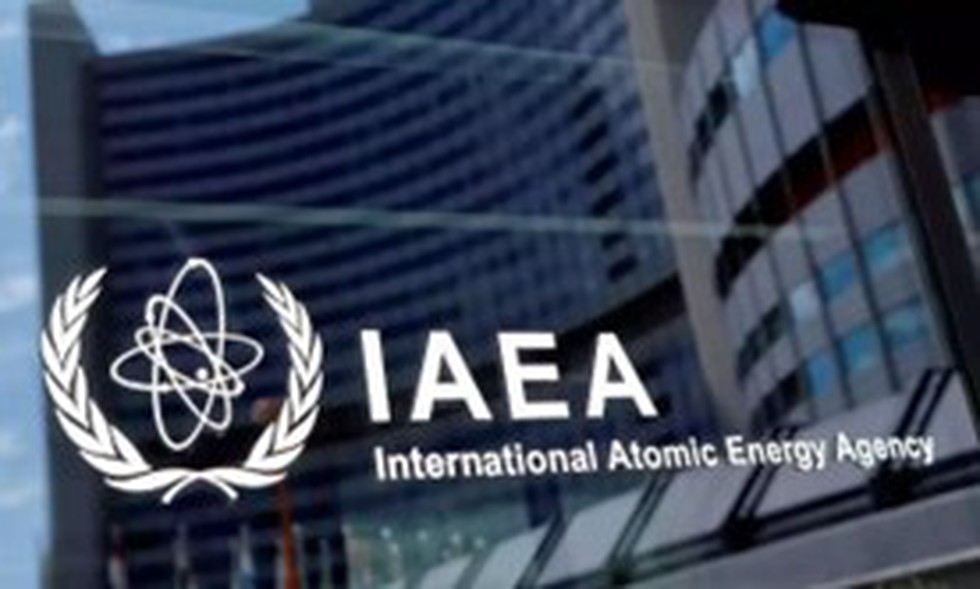About the International Atomic Energy Agency (IAEA):
- It is the world's foremost intergovernmental forum for scientific and technical cooperation in the nuclear field.
- It is widely known as the world's "Atoms for Peace and Development" organization within the United Nations family.
- It works for the safe, secure and peaceful uses of nuclear science and technology.
- History: Though established as an autonomous organisation, independently of the United Nations through its own international treaty, the IAEA Statute, the IAEA reports to both the United Nations General Assembly and Security Council.
- Headquarters: Vienna, Austria.
- Functions:
- The Agency works with its Member States and multiple partners worldwide to promote the safe, secure and peaceful use of nuclear technologies.
- It applies nuclear safeguards– consisting of monitoring, inspection, information analysis, and other activities – to verify that nuclear activities remain peaceful and detect and deter their diversion, including to weapons-related purposes.
- In particular, the IAEA implements comprehensive safeguards agreements mandated by the Nuclear Non-Proliferation Treaty (NPT), which serve as a first line of defense against nuclear weapons proliferation.
- The IAEA assists its Member States and promotes the exchange of scientific and technical information between them.
- The IAEA enhances national, regional, and international capacities to respond to nuclear and radiological incidents, which is essential to minimising their impact.
What is the Nuclear Non-Proliferation Treaty (NPT)?
- It was an agreement signed in 1968by several of the major nuclear and non-nuclear powers that pledged their cooperation in stemming the spread of nuclear technology.
- With 191 States parties, it is the most widely adhered to treaty in the field of nuclear non-proliferation, peaceful uses of nuclear energy and nuclear disarmament.
- Under the NPT, non-nuclear-weapon States parties have committed themselves not to manufacture or otherwise acquire nuclear weapons or other nuclear explosive devices while nuclear-weapon States parties have committed not to in any way assist, encourage or induce any non-nuclear-weapon State party to manufacture or otherwise acquire nuclear weapons or other nuclear explosive devices.
- Nuclear-weapon States parties under the Treaty are defined as those that manufactured and exploded a nuclear weapon or other nuclear explosive device before 1 January 1967.
- There are five nuclear-weapon States parties to the Treaty.
- Only Israel, India, and Pakistan have never been signatories of the Treaty, and North Korea withdrew from the Treaty in 2003.
